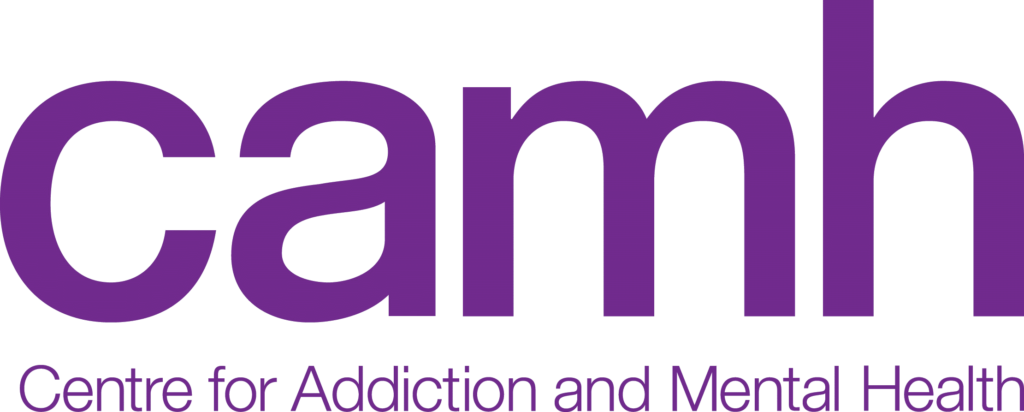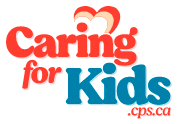The pressures to experiment with drugs and alcohol in high school remain in issue in most communities. Whether your teen needs help, or you know someone who needs help, there is no shame in seeking it out. Drug and alcohol problems can very quickly become overwhelming for youth but there are resources and people who want to help.
On this page:
The Truth about Vaping
Truth #1: Vaping is bad for your health and is NOT harmless
- Vaping increases your exposure to harmful chemicals
- Vaping can lead to nicotine addiction
- The long-term consequences of vaping are unknown
- It is rare but defective batteries in vaping products have caused fires and explosions
- Alters brain development
- Affects memory and concentration
- Reduces impulse control
- Cognitive and behavioural problems (until about 25, the brain is still growing)
Truth #2: Vaping is highly addictive
- Can lead to dependence with lower exposure compared to adults
- Can predispose youth to other substance addictions and cigarette usage later in life
Truth #3: Vaping is not an effective strategy to quit smoking
- The topic of electronic cigarette use as a smoking cessation intervention strategy in youth is highly controversial. Until further research is conducted, vaping should not be recommended as a smoking cessation aids, but rather educate young patients about their potential for harm. – Canadian Paediatric Society
Truth #4: Vaping is not harmless, yet Canadian teens are trying vaping products
- In 2016-2017, 1 in 3 students in grades 10-12 have tried an e-cigarette (470,000 students). Among students who used an e-cigarette in the past 30 days, 57% had used an e-cigarette on three or fewer days, while 11% reported daily use. – Health Canada
Truth #5: Vaping is less harmful than smoking
- E-cigarettes expose users to fewer harmful chemicals than burned cigarettes. However, it is not safe for youth to use any nicotine products, as it poses significant health risks and is unsafe for young people. Vaping is not intended for youth. – Health Canada
Source: McMaster University Students, Sean Hui, Trisha Southall, Mali Tse & Katie Illman
Cannabis and Mental Health (canada.ca)
In order to protect youth from the health effects of cannabis use, the Cannabis Act restricts access to cannabis. Therefore, there will be no legal means for a young person to obtain cannabis, and possessing it may result in legal consequences, such as a fine or a ticket.
These are a few key facts that young people should be aware of:
- They are more likely to experience harm from cannabis because their brain is still developing until around the age of 25
- Starting to use cannabis as a teen and using it regularly (weekly or more frequently) and over a long time (several months or years) makes youth more likely to become addicted and to harm their mental health
- Using cannabis can affect important aspects of their thinking, like learning and memory. Some of these may never fully go away.
- Studies have found that teens and young adults who start using early and use often have more difficulty studying and are more likely to drop out of high school or university.
Some of the harms may not be fully reversible.
Partying and Getting Drunk (camh.ca)
What we’re talking about here is drinking A LOT of alcohol quickly— on a night out with friends at a party or bar, in a drinking game or contest, or just drinking too much because they want to get drunk.
This is known as binge drinking.
What happens when your teen binge drinks? Intoxication affects their judgment, their attitude, their behaviour and their reflexes. People do all kinds of things when they are drunk that they would never dream of doing when they are sober. People are less inhibited, sensitive and aware and more reckless and careless when they are intoxicated. They often do things that seem stupid, dangerous, embarrassing or even shameful to them once they have sobered up.
Risks of binge drinking
When youth binge drink, the risk of many safety and health problems increases. These include:
- misjudging a situation or what is being said
- getting into a fight or being assaulted
- having unwanted sex or pushing unwanted sex on others
- developing or worsening depression, anxiety and other mental health problems
- having blackouts
- getting a hangover (headache, shaking, vomiting)
- seeing suicide as a way out when you are feeling down
- getting injured or killed while driving, biking, boating, snowmobiling, walking or being a passenger
- getting injured or killed from a fall, drowning or fire
- getting sick and possibly dying from alcohol poisoning
- choking on your own vomit (which can kill you if you are passed out)
- going into respiratory arrest (meaning you stop breathing).
Over a longer term, repeated binge drinking can also increase the risk of:
- damage to stomach, pancreas, liver and brain
- developing cancer
- developing an addiction to alcohol.
- Binge drinking also increases their risk of arrest and other legal problems.
Strategies for parents to prevent underage drinking www.phsd.ca
- Prepare for the talk. Know key alcohol facts, and review laws related to underage drinking and impaired driving. Learn how alcohol is being addressed in your teen’s curriculum. Evaluate your own behaviours and attitudes about alcohol.
- Talk to your teen about alcohol. Make it a conversation and ask open-ended questions. Think about your body language and tone of voice.
- Emphasize the short-term risks associated with alcohol. These are of greater concern to youth. Avoid scare tactics or exaggerating negative effects.
- Discuss perceptions of alcohol. Encourage your teen to talk about their thoughts on alcohol and help them to realize that not everyone their age is drinking. (For example, in the Ontario Student Drug Use and Health Survey, 50% of students in grades 7 to 12 reported not using alcohol in the past 12 months.)
- Talk about how alcohol is portrayed and often glamourized in the media (i.e., movies, TV shows, music videos, and online).
- Talk about ways to manage peer pressure.
- Discuss your expectations about your teen’s alcohol consumption. Be clear and specific about your expectations.
Resources

The Centre for Addiction & Mental Health
- Youth Addiction & Concurrent Disorders Service offers treatment for young people (14 – 24) with substance use challenges or concerns.

Alternatives for Youth (AY) is a substance use and addiction treatment services that engage and mobilize youth and their families.

Mothers Against Drunk Driving Canada (MADD) is a charitable, grassroots organization that is committed to stopping impaired driving and supporting victims/survivors.

De dwa da dehs nye>s Aboriginal Health Centre provides mental wellness services that are culturally safe for all members of the urban community who self identify as having Aboriginal ancestry.

ConnexOntario provides free and confidential health services information for people experiencing problems with alcohol and drugs, mental illness or gambling.
Their system navigation and information service is live-answer 24/7, confidential, and free.


